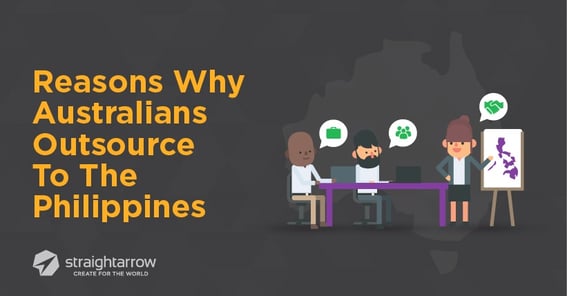
The past years have seen a rise in the number of businesses that outsource operations to overseas companies, as well as in the variety of tasks that can be offshored in this way. Offshoring was once the territory of large companies, which used it to gain considerable advantages over competitors. These days, however, it is an option even for medium and small enterprises. It has also become a more appealing strategy, given advancements in technology, which bring logistical ease, as well as a widening variety of operations that can be outsourced—ranging from back office tasks to contact services; IT and engineering support to creative processes.
The increased popularity of outsourcing work has led to a rise in the companies willing to provide such services. They can be found across the globe, from India to Poland, China to Brazil. And while an abundance of options makes for a good market, it also makes for complex decisions. Amid this competitive environment, however, the Philippines remains a popular choice for Australian companies, for reasons detailed below.
1. Lower Costs
Reduced costs are a primary motivator in outsourcing strategies across countries and across industries. The average monthly salary of an outsourced worker from the Philippines would be around a fifth of that of an equivalent in Australia. Outsourcing companies in the Philippines can also avail of tax holidays and economic zoning benefits provided by the national government. As a result, even full-time offshore resources cost significantly less than their in-house equivalents—and part-time resources allow for further flexibility in budget and expenditures for companies that choose as much.
2. Time Zone and Proximity
The time difference between Australia and the Philippines are almost—or entirely—negligible. The Philippines is in the same time zone as Western Australia and offset by only two hours from the Eastern Australian States.
The two countries being relatively nearby means that flights between them are frequent. Depending on the ports of departure and destination, flights may range from around fourteen hours to a mere six hours.
3. Skilled Labor
The history of business process outsourcing in the Philippines began in the 1980s with data entry services and animation. Now, with over 30 years of growth and development, supported by government initiatives and private sector collaboration, it is one of the most diverse and mature in the world. More than just call centres and customer support, the Philippine BPO industry offers processes and support services in fields such as accounting and bookkeeping, administrative services, medical transcription, marketing, drafting for architecture and industrial design, animation, graphic design and other creative processes.
The industry has in recent years been shifting toward more complex processes with higher skill requirements. To this end, it draws on the Philippines’ expanding pool of graduates and young professionals. In 2014, 30 percent of graduates in the Philippines were considered employable in outsourcing processes by The Associated Chambers of Commerce and Industry of India; this is opposed to only 10 percent of Indian graduates. The government and the local industry have also invested in technical training programs to equip workers with skills relevant to higher value processes, including programming for video games, 3-D modelling and animation, and graphic and web design.
Are you in the process of considering or planning an outsourcing strategy? Download our Creative Process Outsourcing ebook today and see how to find the best outsourcing fit for your company.




Comments